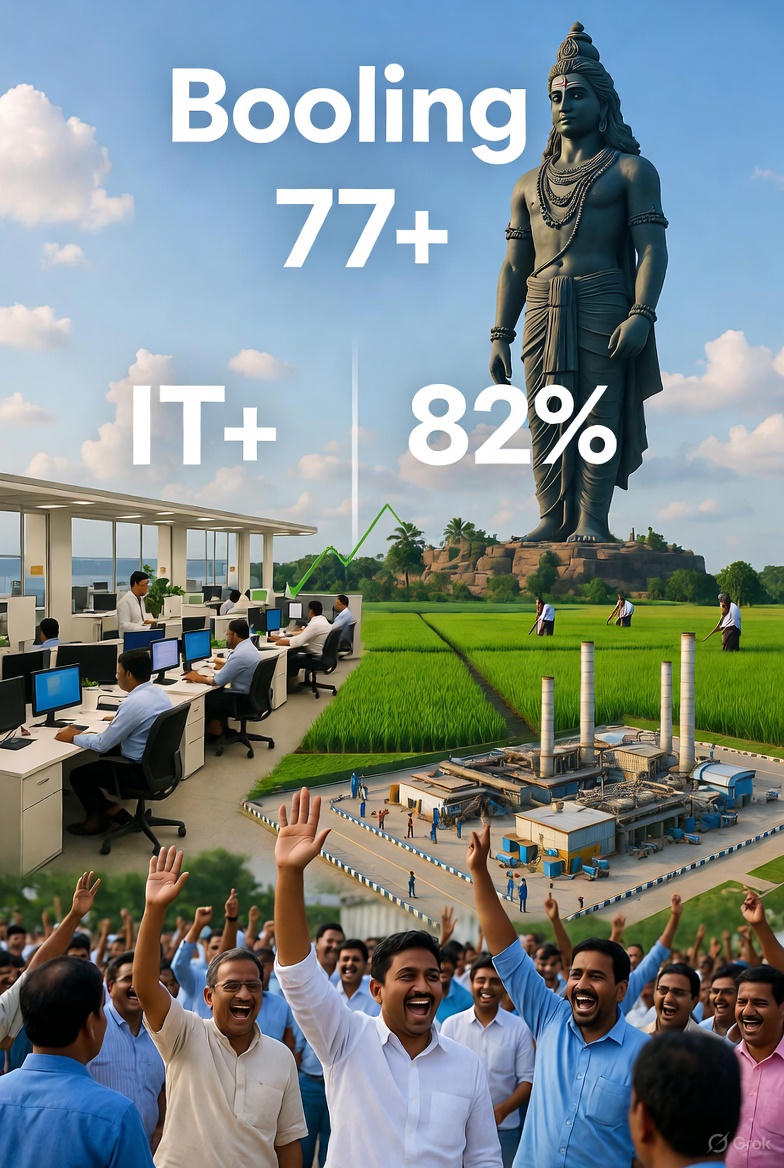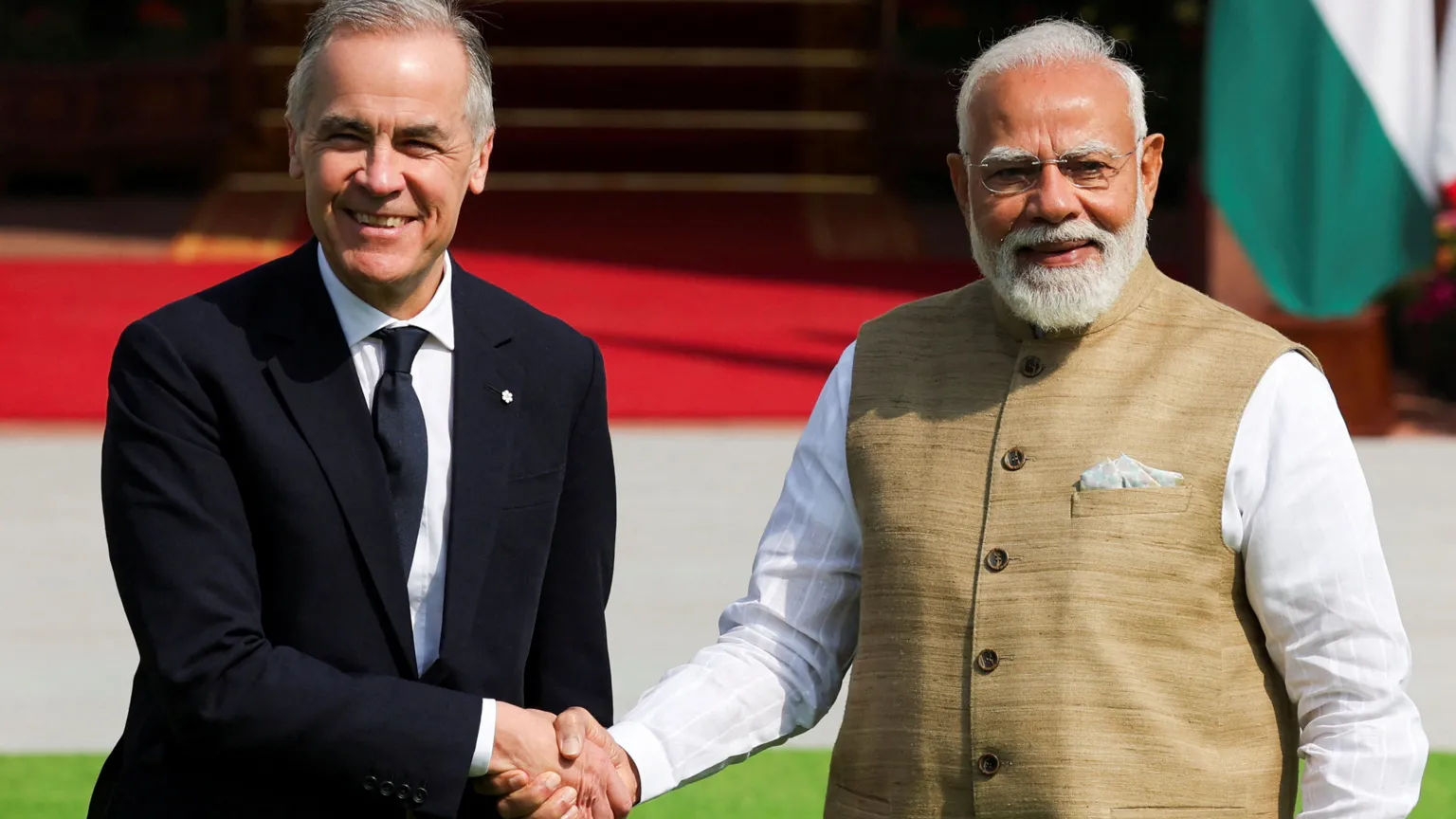By_shalini oraon

Jimmy Kimmel’s wife and the familial rift caused by his public feud with Donald Trump.
—
The Human Cost of the Political Spotlight: When Jimmy Kimmel’s Feud with Trump Fractured a Family
In the high-stakes, high-drama theater of American politics, the battles are often portrayed as grand ideological clashes between powerful figures on a national stage. We see the punchy monologues, the fiery tweets, and the cable news segments, but we rarely see the quiet, personal fallout that ripples far beyond the television screen. This unseen cost was recently brought into stark relief by Molly McNearney, the wife of late-night host Jimmy Kimmel, who revealed that her husband’s long-running and very public feud with Donald Trump has caused a painful and lasting rift within her own family.
McNearney’s admission is more than just a celebrity footnote; it is a poignant microcosm of the deep political divisions fracturing families and friendships across the United States. It underscores a painful modern truth: in an era of intense political polarization, the personal is not just political—it can be perilous.
The Battle Lines: From Late Night to the Living Room
Jimmy Kimmel has been one of Donald Trump’s most persistent and vocal critics in the entertainment world. His critiques, delivered from his ABC desk on “Jimmy Kimmel Live!,” have been wide-ranging, but they crystallized most powerfully around healthcare. Kimmel’s emotional monologues about his son Billy’s congenital heart condition and the vital importance of the Affordable Care Act positioned him as a moral counterpoint to Republican efforts to repeal the law. Trump, who often perceives media criticism as a personal attack, responded in kind, deriding Kimmel on his social media platform, Truth Social, and famously mocking his “poorly rated show.”
For most viewers, this was political entertainment—a nightly drama to be consumed and then moved on from. But for Molly McNearney, a co-head writer on Kimmel’s show and his partner in life, the battle was not abstract. It was happening in her living room, or more accurately, creating a silence where conversation used to be. She revealed that members of her family are staunch Trump supporters, and Kimmel’s relentless on-air jabs at the former president have strained those relationships to the breaking point.
“It hurts,” McNearney confessed, a simple, human sentiment that cuts through the noise of political rhetoric. “It’s a relationship that has been… not severed, but certainly strained.” This isn’t a disagreement over tax policy or infrastructure spending; it is a visceral conflict where professional commentary is interpreted as a personal attack on a family’s deeply held beliefs and chosen political champion.
The Anatomy of a Family Rift: More Than Just Politics
To dismiss this as a simple case of “agreeing to disagree” is to misunderstand the nature of modern political identity. For many, political affiliation is no longer a matter of policy preference but a core component of their personal identity and moral worldview. When Kimmel criticizes Trump, his in-laws do not hear a comedian critiquing a politician; they likely hear a direct assault on their values, their intelligence, and their chosen leader.
This dynamic is exacerbated by the medium itself. Late-night comedy, by its nature, relies on simplification, satire, and ridicule. The nuanced concerns of a Trump voter are not part of the monologue; the focus is on the most outrageous statements and actions of the figurehead. For supporters, this can feel like a caricature of their beliefs, making them feel misunderstood and disrespected. When the person delivering that caricature is married into the family, the feeling of betrayal is compounded.
The rift in McNearney’s family illustrates several key facets of this modern political alienation:
1. The Personalization of Political Critique: In a hyper-partisan environment, criticism of a political figure is often internalized by their supporters as a criticism of them personally. The line between the politician and the voter becomes blurred.
2. The Amplifying Effect of Media: A family disagreement that might once have been contained to a tense Thanksgiving dinner is now constantly reignited by a nightly national broadcast. Every monologue is a fresh salvo, making reconciliation or a temporary truce impossible.
3. The Loss of Neutral Ground: In previous eras, families might have had unspoken rules to avoid politics at the dinner table. Today, when one member’s very public profession is political commentary, that neutral ground evaporates. Silence itself becomes a political statement.
A Mirror to a Divided Nation
The Kimmel-McNearney family situation is a high-profile example of a silent epidemic. A 2019 study by the Pew Research Center found that 45% of married Democrats and Republicans reported significant political differences with their spouse. Extend that to extended family, and the potential for conflict is immense. Across the country, family group chats have gone silent, holiday gatherings have been canceled, and lifelong relationships have been fractured over political loyalties.
McNearney’s vulnerability in sharing her pain provides a public service. It reminds us that the political is not just about power, polls, and policy—it’s about people. It’s about the mother who can no longer talk to her daughter about the news, the brothers who no longer watch the game together, and the grandchildren who may feel a tension they are too young to understand.
Her revelation also challenges the narrative from both sides of the political spectrum. For those who cheer Kimmel’s monologues, it’s a reminder that their hero’s words have a real and painful human cost for his own family. For those who support Trump, it’s a window into the personal dilemma of a woman caught between her husband and her family of origin, a conflict no amount of political victory can easily resolve.
Is There a Path to Reconciliation?
The question that hangs over McNearney’s revelation is whether such rifts can ever be healed. The answer is complex and likely varies from family to family. It requires a conscious de-escalation, a mutual agreement to prioritize the personal bond over the political battle. It demands empathy—the ability of Kimmel’s in-laws to see his actions as part of his professional role and his deeply held (and personally informed) beliefs on healthcare, and the ability of Kimmel and McNearney to understand that their family’s support for Trump is rooted in a complex set of values and hopes for the country that are just as real to them.
Ultimately, the story of the rift in Molly McNearney’s family is a cautionary tale for a nation navigating an era of unprecedented division. It demonstrates that the most lasting scars of our political wars may not be on the body politic, but on the human heart. As the 2024 election looms, the rhetoric will only intensify. And in homes across America, and in the home of one of late-night television’s biggest stars, the silent, painful work of navigating the minefield between love and politics will continue, a private struggle echoing a very public war.
Discover more from AMERICA NEWS WORLD
Subscribe to get the latest posts sent to your email.







































![Smoke rises after Israeli strikes in Beirut's southern suburbs, on March 2 [Mohamad Azakir/Reuters]](https://america112.com/wp-content/uploads/2026/03/hgh.webp)
